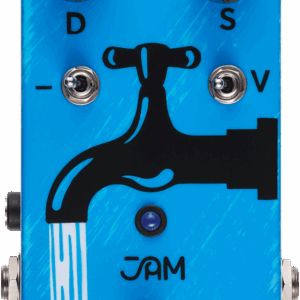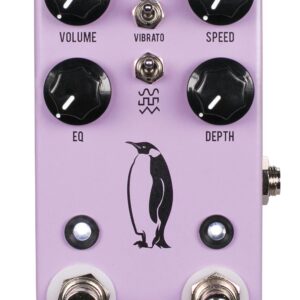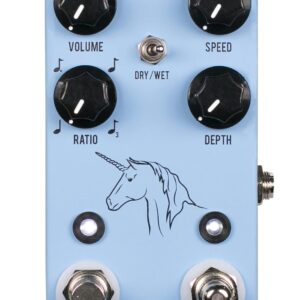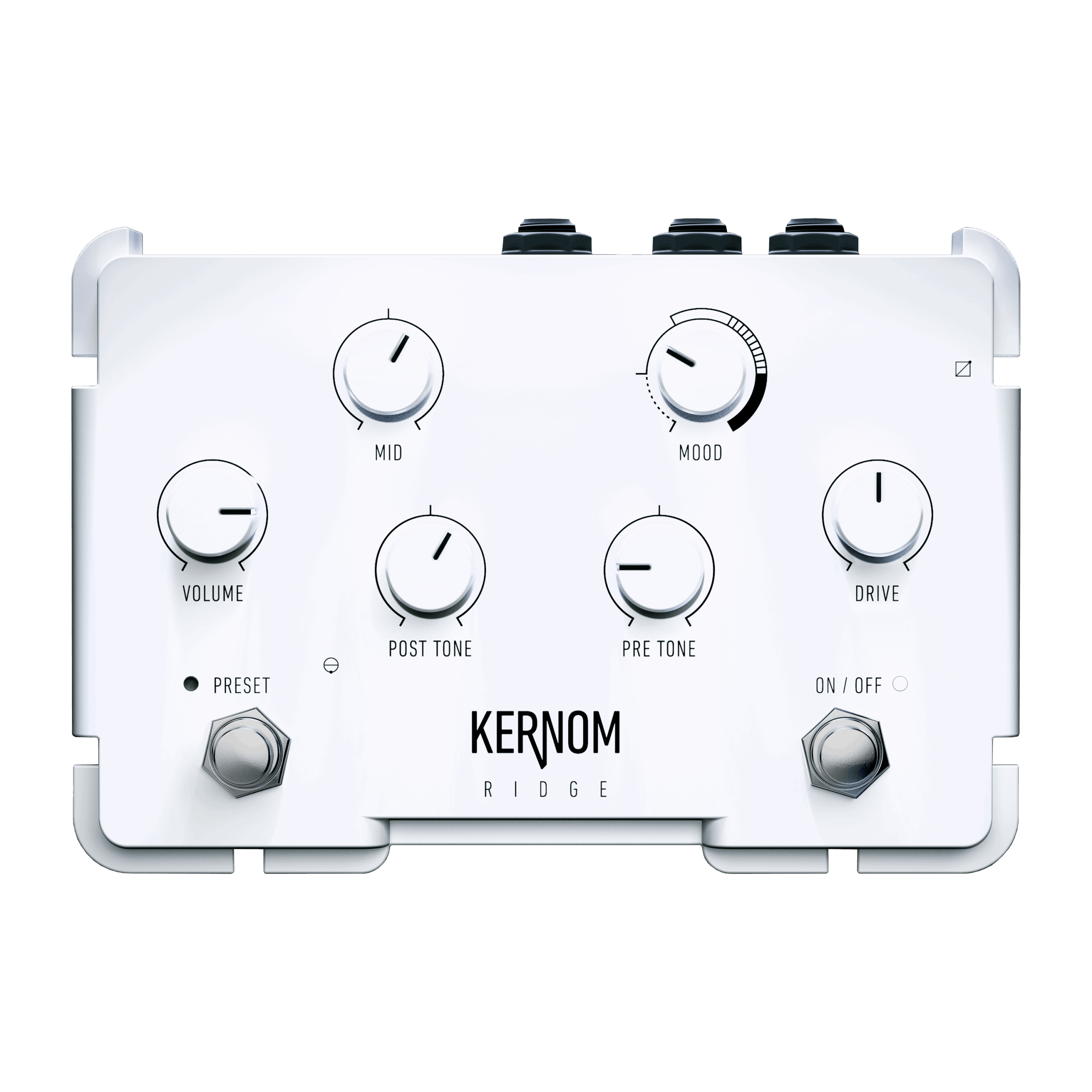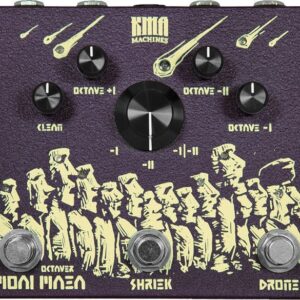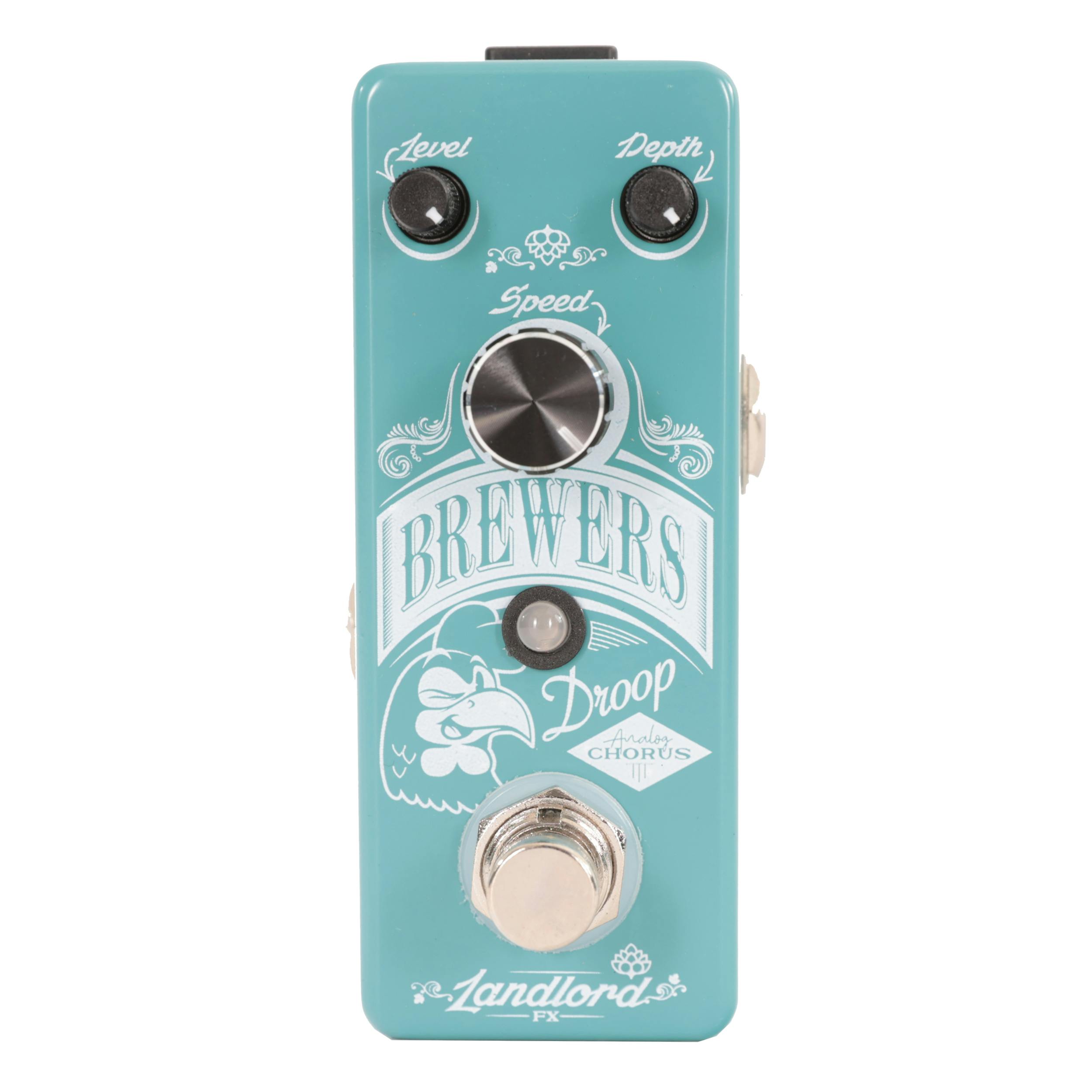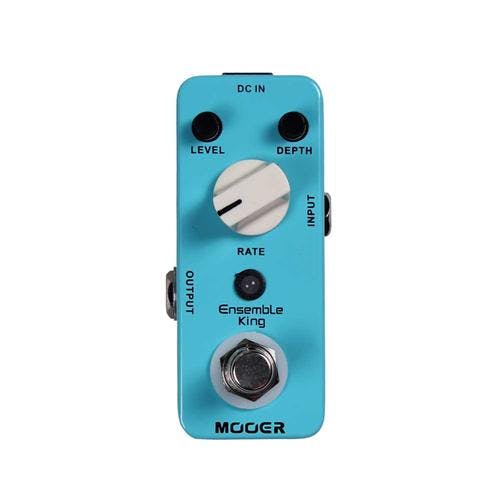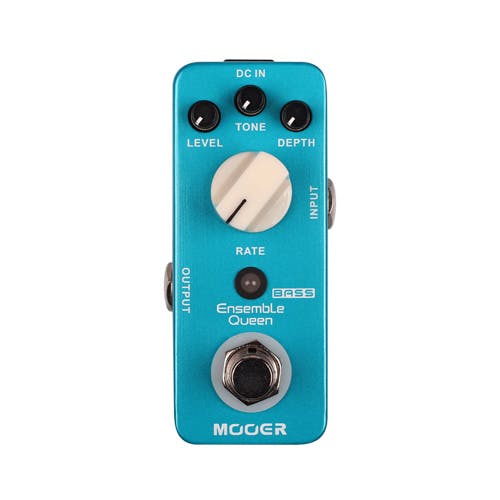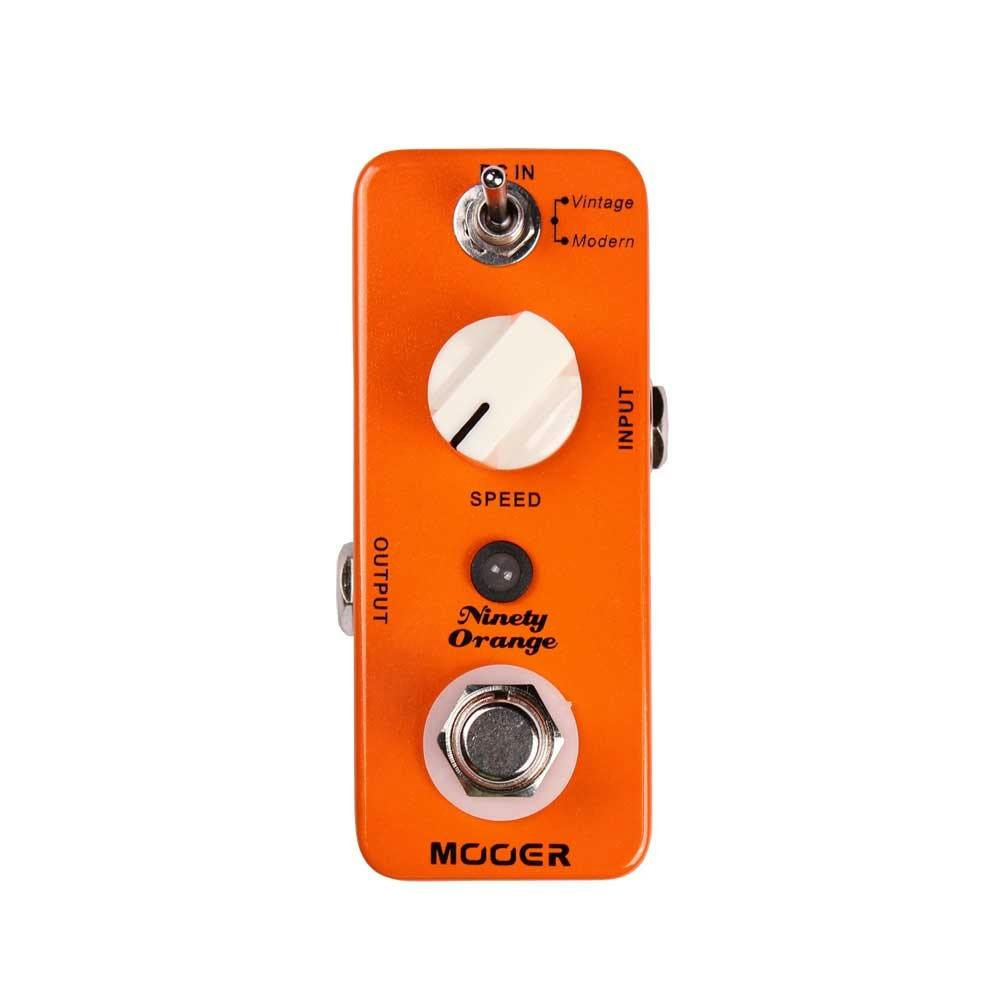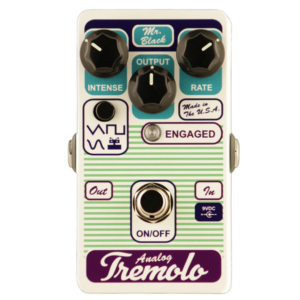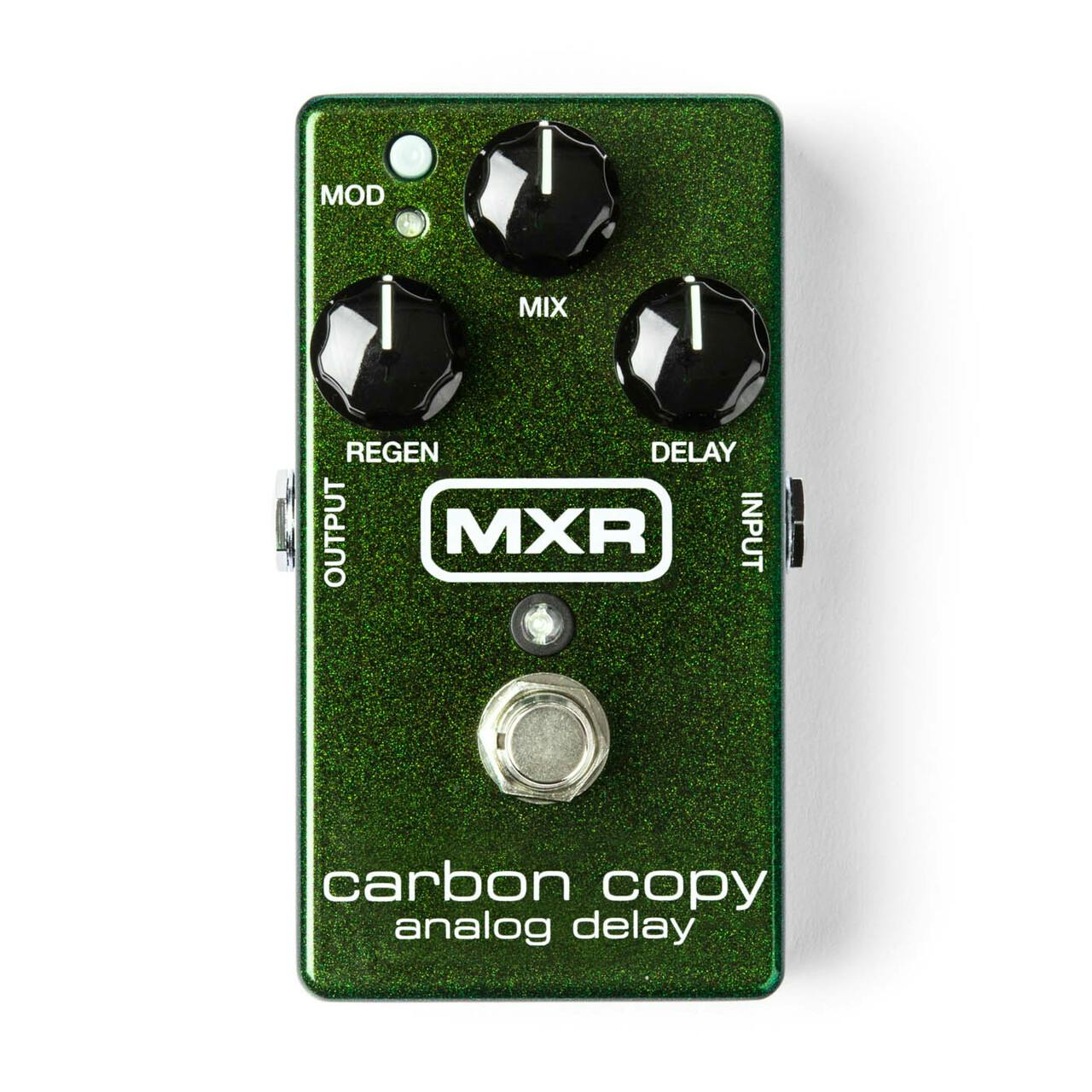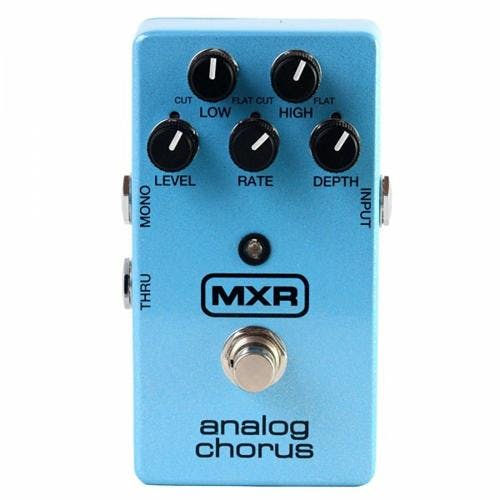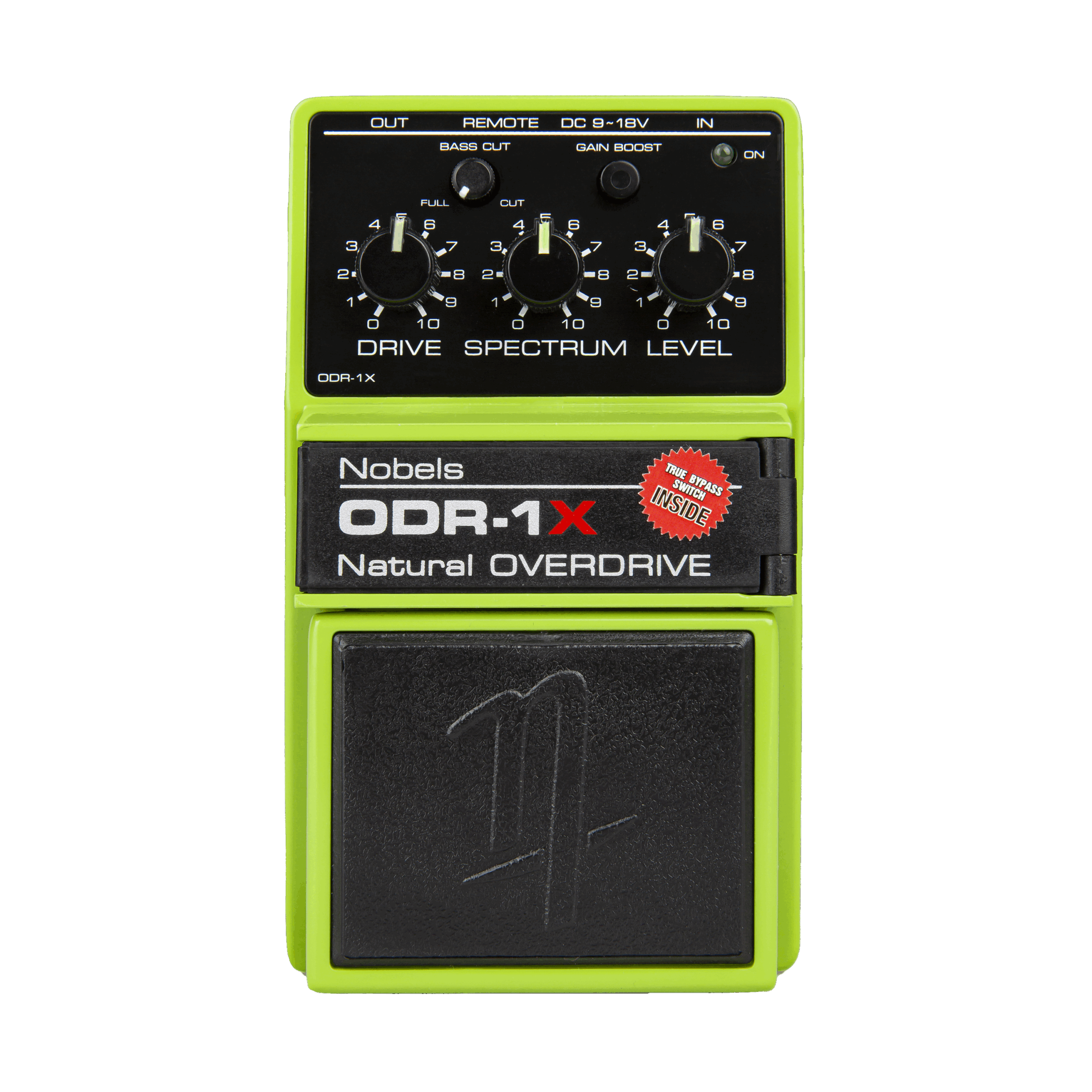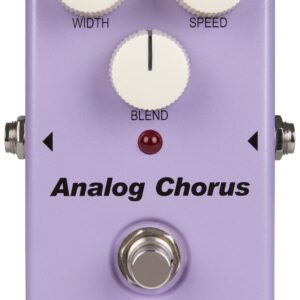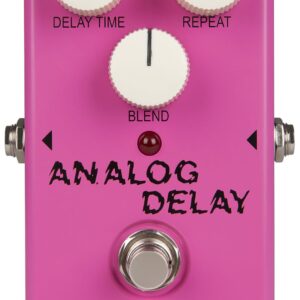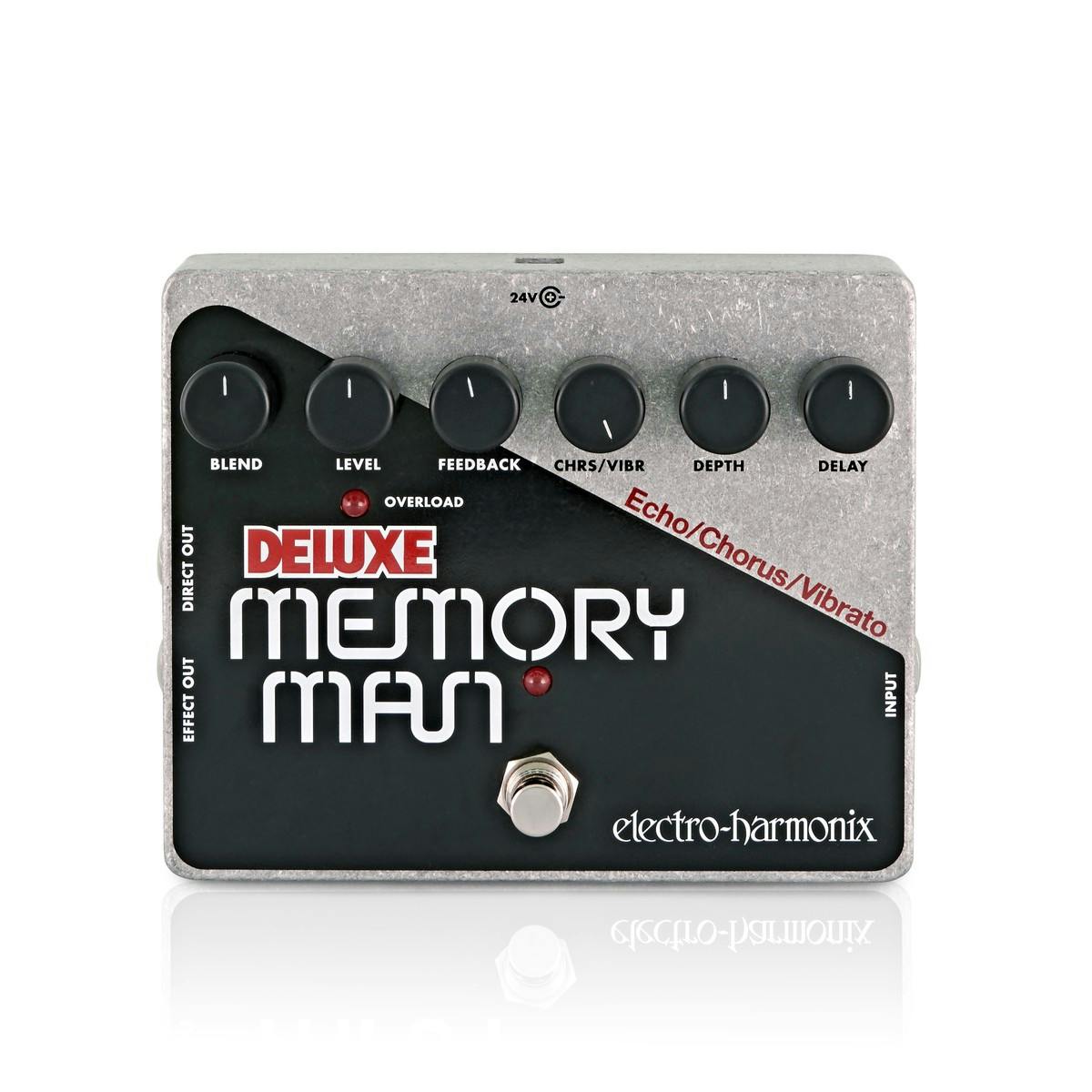
Analog
Analog pedals use real electrical components like transistors, diodes, and capacitors to shape your sound in a natural, organic way. They respond to your playing with warmth and character, often adding a touch of unpredictability that feels alive. Think of analog tone like cooking over an open flame — rich, dynamic, and full of subtle flavour that digital precision can’t quite replicate.
Showing 17–32 of 51 results
-
Electro Harmonix Deluxe Memory Man 550 Analog Delay & Vibrato Pedal
£199.99 -
Jam Pedals Waterfall Analog Chorus & Vibrato Pedal
£239.00 -
JHS Pedals The Emperor V2, Analog Chorus/Vibrato with Tap Tempo Pedal
£164.99 -
JHS Pedals The Unicorn V2, Analog Bulb Driven Uni-vibe w/ Tap Tempo Pedal
£199.99 -
Kernom Ridge Augmented Analog Overdrive Pedal
£279.00 -
KMA Audio Machines Moai Maea Analog Octaver Pedal
£174.99 -
Landlord FX Brewers Droop Analog Chorus Pedal
£29.99 -
Mooer Ensemble King Analog Chorus Pedal
£49.99 -
Mooer Ensemble Queen Analog Chorus Pedal
£49.00 -
Mooer Ninety Orange Analog Phaser Pedal
£49.99 -
Mr Black Analog Tremolo Pedal
£199.99 -
MXR M169 Carbon Copy Analog Delay Pedal
£159.99 -
MXR M234 Analog Chorus Pedal
£124.99 -
Nobels ODR-1X Analog Natural Overdrive Pedal with Bass Cut Switch
£129.99 -
NUX Reissue Analog Chorus Pedal
£44.99 -
NUX Reissue Analog Delay Pedal
£44.99

